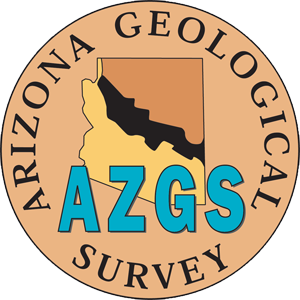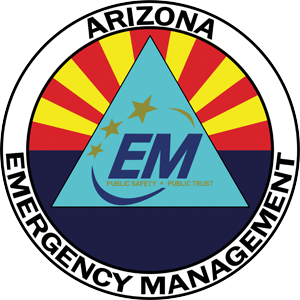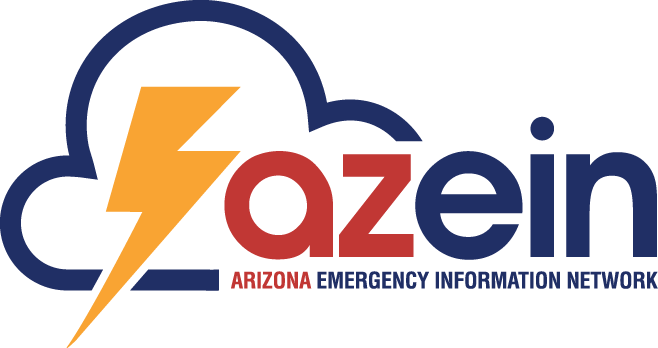- ▾ Other ShakeOuts ▾
- Alaska
- American Samoa
- Arizona
- British Columbia
- California
- Central U.S. (AL AR IA IL IN KS KY LA MO MS NE OH OK TN)
- CNMI
- Colorado
- Guam
- Hawaii
- Idaho
- Japan
- Montana
- Nevada
- New Mexico
- New Zealand
- NorthEast U.S. (CT MA ME NH NJ NY PA RI VT)
- Oregon
- Puerto Rico
- Quebec & Eastern Ontario
- SouthEast U.S. (DC DE FL GA MD NC SC VA WV)
- Texas
- Upper MidWest U.S. (MI MN ND SD WI)
- U.S. Virgin Islands
- Utah
- Washington State
- Wyoming
- Yukon
- Other Countries

Calendar: Event Details
FEMA Webinar: Reducing the Risks of Nonstructural Earthquake Damage
October 15, 2012, 2 - 3:30 pm, Webinar at Webinar Link: https://fema.connectsolutions.com/nehrp-webinar/ Audio Line: 1 (877) 241-4296 Participant Code: 34167944
Event Location:
Webinar Link: https://fema.connectsolutions.com/nehrp-webinar/ Audio Line: 1 (877) 241-4296 Participant Code: 34167944
Contact Person:
FEMA, femanehrp@fema.dhs.gov
Summary:
In support of the upcoming Great ShakeOut earthquake drills (drop, cover, hold on drills) on October 18, 2012, the Federal Emergency Management Agency (FEMA) National Earthquake Hazards Reduction Program (NEHRP) is pleased to announce a 1 ½ hour webinar on Reducing the Risks of Nonstructural Earthquake Damage.
Full Description:
In support of the upcoming Great ShakeOut earthquake drills (drop, cover, hold on drills) on October 18, 2012, the Federal Emergency Management Agency (FEMA) National Earthquake Hazards Reduction Program (NEHRP) is pleased to announce a 1 ½ hour webinar on Reducing the Risks of Nonstructural Earthquake Damage.
Webinar Description
Nonstructural components of buildings include all elements that are not part of the structural system; that is, the architectural, mechanical, electrical, and plumbing systems, as well as furniture, fixtures, equipment, and other contents. During the recent earthquakes in Chile, New Zealand, Japan, Virginia and other earlier earthquakes in California, Washington, and other parts of the U.S., nonstructural failures have accounted for the majority of damage and injuries. In many cases, businesses, schools, hospitals, and other organizations had to spend excessive time and dollars for clean up and repair due to nonstructural failures; therefore impeding continued operations and rapid recovery. Moreover, nonstructural component failures also impeded safe evacuation, delayed rescue, and caused additional hazards such as fire resulting in serious life safety issues.
This FEMA-sponsored 1 ½ hour webinar describes the sources and types of nonstructural earthquake damage and the effective methods and guidance that individuals and organizations can use to take action now before the next earthquake and minimize future injuries and property losses from nonstructural risks.
Target Audience
Property owners, facility managers, local officials, engineers, architects, small businesses, and emergency managers.





